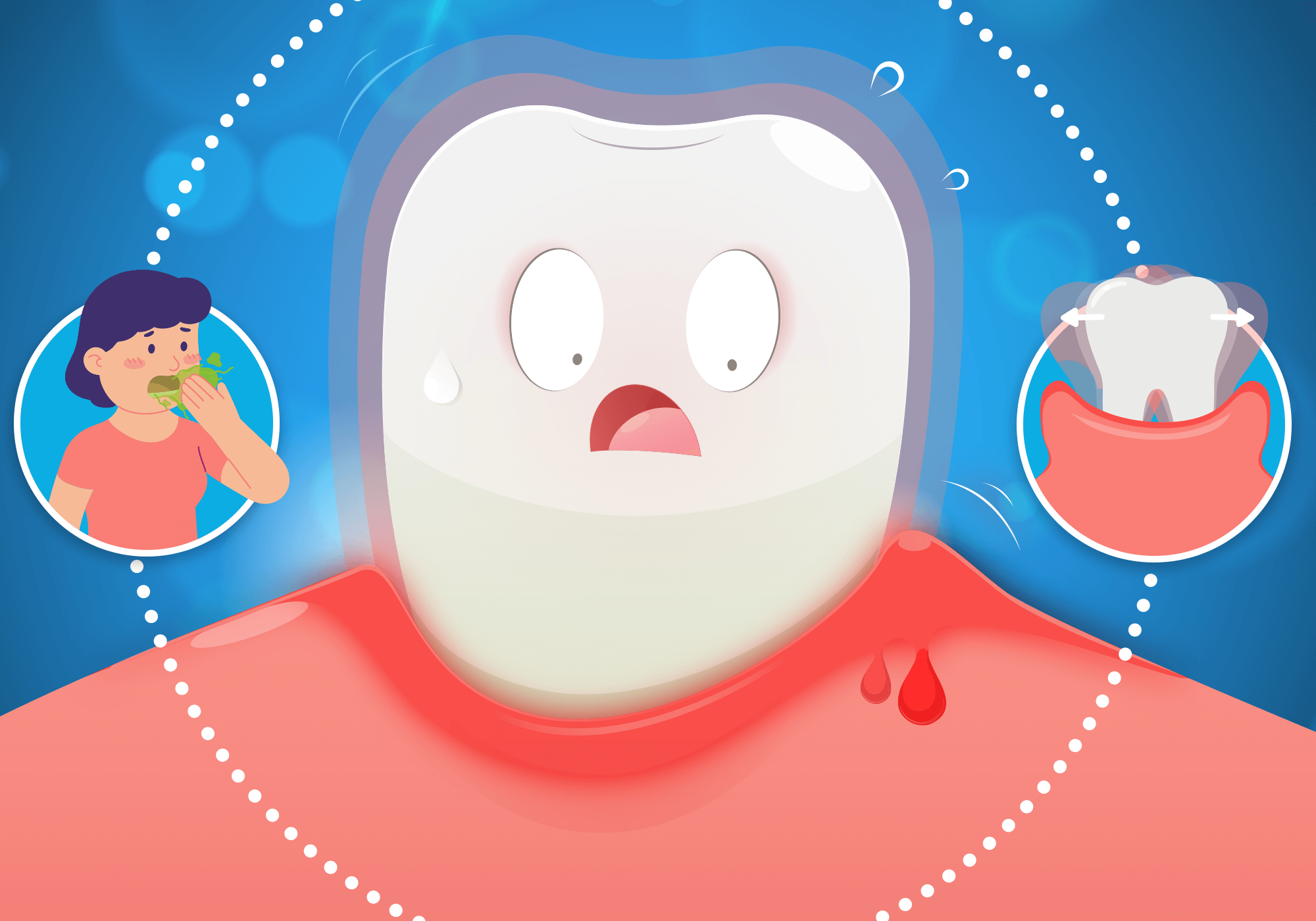
Facts About Gum Disease
Gum disease is an inflammation of the gums. This condition can manifest through gum bleeding, bad breath, and loose teeth. Even though gum disease is quite common, there is a lot of misinformation about this condition that can lead to improper understanding of gum disease. In this article, we have gathered eight facts about gum disease that you should be aware of.
1. Gum disease is caused by bacteria
It is important to understand that your mouth is inhabited by various bacteria. When the number of bad bacteria increases significantly, they can irritate your gums and cause inflammation. That’s why proper oral hygiene is essential to keep your teeth and gums healthy.
2. Gum disease can affect both children and adults
Many people think that gum disease can only affect the elderly. But the truth is that many children can also develop this condition. If you have noticed that your child’s gums are red and bleeding, contact the best pediatric dentist for an examination as soon as possible. In general, both children and adults who don’t maintain proper oral hygiene have an increased risk of getting gum disease.
3. Gum bleeding is a common sign of gum disease
There is a common misconception that mild gum bleeding is normal. But the truth is that gum bleeding is deemed the most common sign of gum disease, especially if it is accompanied by bad breath and loose teeth. In the case of the aforementioned symptoms, it is better to contact your dentist to evaluate your condition.
4. Some people are more likely to develop gum disease
Indeed, bacteria overgrowth causes gum disease. However, there are certain risk factors that can increase your risk of getting this condition. The most common of them include smoking, diabetes, hormonal fluctuations, heredity, and vitamin C deficiency. If you are at risk for gum disease, it is extremely important to maintain proper oral hygiene and visit your dentist twice a year for check-ups.
5. Gum disease can affect your overall health
Even though gum disease develops in the oral cavity, its negative effects can spread throughout the whole body. This is because the bacteria can enter your bloodstream through bleeding gums. People with gum disease are more likely to develop respiratory infections, diabetes type 2, Alzheimer’s disease, heart disease, and stroke. That’s why it is essential to treat gum disease in time.
6. Untreated gum disease can cause severe complications
There is another common myth that gum disease can be left untreated since it can disappear on its own. But without timely and accurate treatment, gum disease can progress and lead to the development of severe complications like pus between the teeth, gum pockets, bone deterioration, and tooth loss. Some home remedies and OTC medications can help manage some symptoms of gum disease, but only a dentist can perform the proper treatment.
7. Advanced gum disease can’t be cured
If you have noticed any symptom of gum disease (like gum bleeding, swelling, redness, tenderness, gum recession, bad breath, pus between the teeth, and/or loose teeth) you need to make an appointment with your dentist. This is because only the initial stage of gum disease that is called gingivitis can be successfully treated. But if you already have periodontitis, the treatment can only help manage your symptoms.
8. You can prevent gum disease
It is essential to understand that it is much easier to prevent the development of gum disease rather than undergo complicated and expensive treatment. To protect your oral cavity, you need to maintain proper oral hygiene, eat healthy foods, drink enough water, and visit your dentist at least twice a year.
